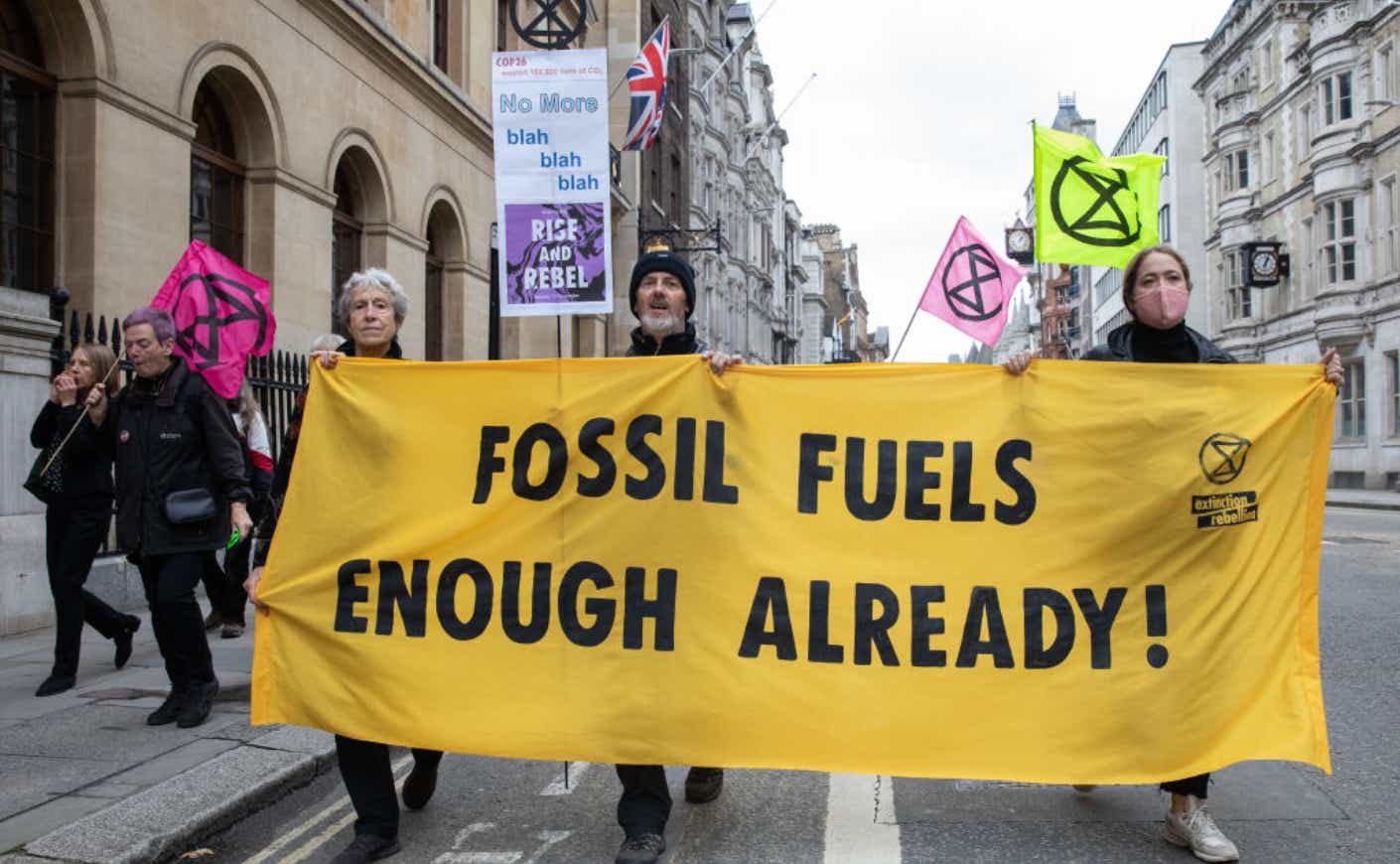Following two weeks of intense negotiations at the COP26 summit in Glasgow, Scotland, world leaders have made a pact to do more to fight climate change. Here’s what you need to know.
What’s in the agreement?
More than 100 countries signed a pledge at the summit to slash methane emissions 30% by 2030, while another coalition of countries (like the heavily forested nations of Brazil and Russia) agreed to halt deforestation by that same timeframe. Despite these pledges, experts point out that the world is nevertheless on track to warm by 2.4 degrees Celsius — aka far beyond safe levels — by the end of the century.
Were there any breakthroughs?
For the first time ever, fossil fuels, which are considered the main driver of climate change, were mentioned in the agreement. But the language was significantly watered-down in a last-minute bid by India to “phase down” rather than “phase out” coal, as an earlier commitment had read.
Were there any new alliances?
The summit was marked by some surprises: The U.S. and China — two of the world’s largest greenhouse-gas emitters — struck an unlikely alliance to work together this decade to prevent global heating from surpassing 1.5 degrees Celsius.
“It’s beneficial not only to our two countries but the world as a whole that two major powers in the world, China and the U.S., shoulder special international responsibilities and obligations,” Chinese special climate envoy Xie Zhenhua told media outlets.
Where did the agreement fall short?
Many nations walked away feeling disappointed. Developing countries, which are often the most vulnerable to natural disasters, had arrived in Glasgow in hopes of wealthy nations finally making good on a pledge to provide them financial compensation for climate-related disasters, but the agreement fell short of providing this support.
“For some, loss and damage may be the beginning of conversation and dialogue, but for us, this is a matter of survival,” says Aminath Shauna, the minister of environment for the Maldives.
What has the reaction been like?
Climate activists have been sharply critical of COP26, describing it as “exclusionary” and “business as usual.” Some even went so far as to hold a “funeral” at a Glasgow cemetery Saturday morning.









